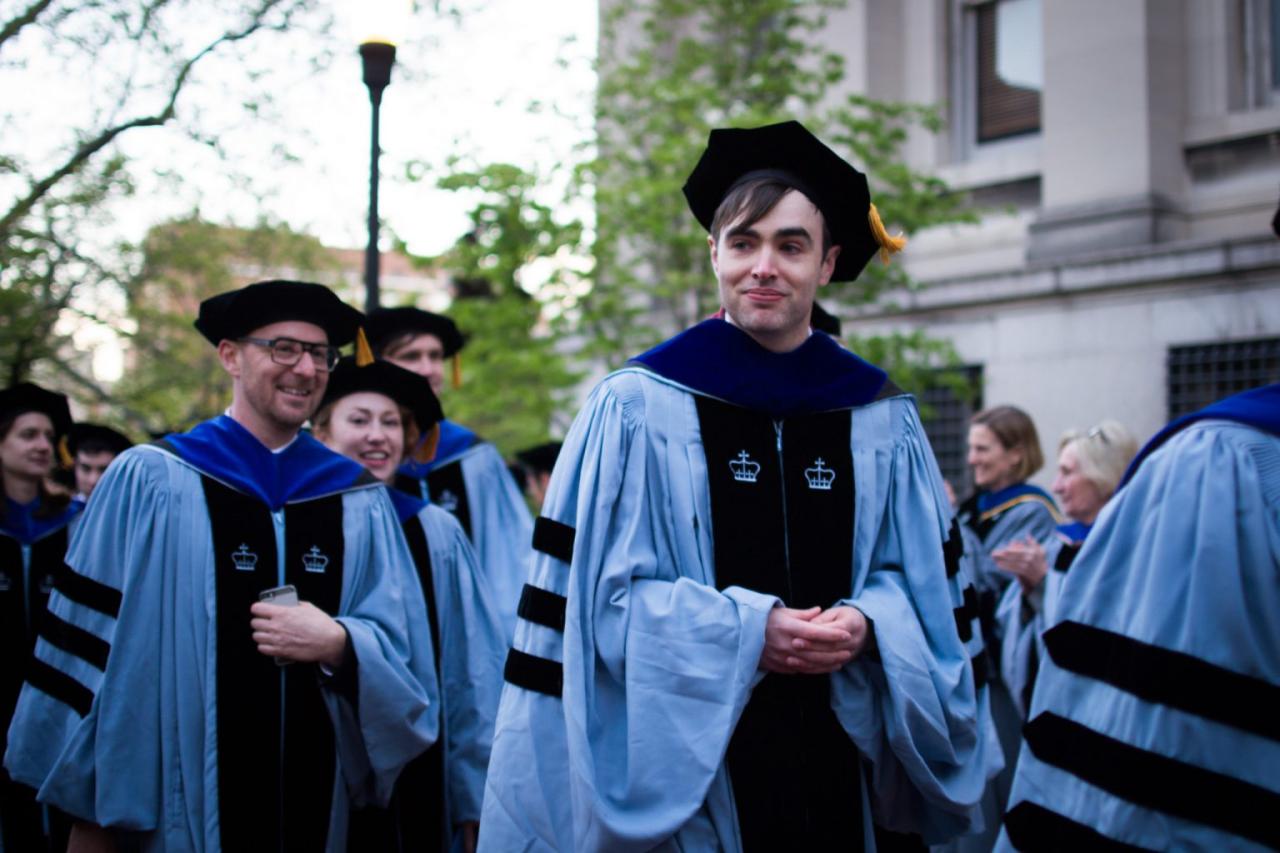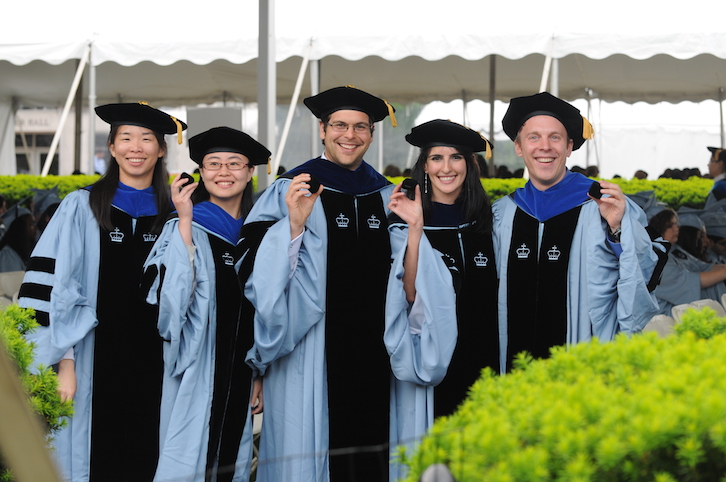Columbia University PhD programs stand as a beacon of academic excellence, attracting brilliant minds from across the globe. With a rich history dating back centuries, Columbia has established itself as a world-renowned institution, known for its rigorous academic standards, groundbreaking research, and distinguished faculty. The university’s commitment to fostering intellectual curiosity and innovation is reflected in its diverse range of doctoral programs, spanning numerous academic disciplines.
From the humanities and social sciences to the natural sciences and engineering, Columbia University offers a comprehensive selection of PhD programs that cater to a wide array of research interests. The university’s faculty, comprised of leading experts in their respective fields, provide unparalleled mentorship and guidance to students, fostering their intellectual growth and preparing them for successful careers in academia, research, and industry.
Comparison to Other Top Universities: Columbia University Phd Programs

Columbia University’s PhD programs stand among the most prestigious in the world, alongside those offered by other top institutions. While each university has its own unique strengths and offerings, comparing them can help prospective students make informed decisions.
Research Opportunities
Research opportunities are a cornerstone of any PhD program. Columbia University provides a dynamic research environment with numerous opportunities for students to collaborate with leading faculty and engage in cutting-edge research. For instance, the university boasts a strong presence in fields like neuroscience, economics, and political science, attracting renowned researchers and providing ample research opportunities.
- Columbia University is home to several renowned research centers and institutes, such as the Earth Institute, the Center for Neurobiology and Behavior, and the Institute for Social and Economic Research and Policy. These centers offer students access to state-of-the-art facilities and resources, fostering an environment of innovation and discovery.
- The university’s location in New York City also provides unique opportunities for students to engage in real-world research and collaborate with organizations and institutions in the city.
Choosing the Right PhD Program
Embarking on a PhD journey is a significant decision, and choosing the right program is crucial for your academic and professional success. Columbia University offers a wide array of PhD programs across diverse disciplines, each with its own unique strengths and focus. This guide aims to equip you with the necessary information and tools to make an informed decision about pursuing a PhD at Columbia.
Researching Programs
Thorough research is essential to identify programs that align with your academic interests and career goals. Columbia University’s website provides comprehensive information about each PhD program, including faculty profiles, research areas, course descriptions, and admissions requirements.
- Explore the program’s faculty profiles to understand their research interests, publications, and teaching experience. This will help you assess whether their expertise aligns with your own research goals.
- Review the program’s curriculum and course offerings to ensure they provide the necessary foundation and specialization you seek.
- Read about the program’s research facilities, resources, and opportunities for collaboration. This will give you an idea of the support system available to PhD students.
Meeting with Faculty, Columbia university phd programs
Connecting with faculty members in your area of interest is a valuable step in the program selection process. Attending faculty seminars, attending conferences, or reaching out directly via email are effective ways to engage with potential mentors.
- Schedule a meeting with faculty members to discuss their research, the program’s strengths, and their mentorship style.
- Ask about their current research projects, funding opportunities, and collaborations. This will help you understand the research environment and potential opportunities for involvement.
- Gain insights into the faculty’s mentorship approach and their expectations of PhD students.
Visiting the Campus
Visiting the Columbia University campus provides a firsthand experience of the academic environment and student life.
- Attend campus tours to explore the facilities, libraries, and student spaces. This will help you visualize yourself as a student at Columbia.
- Meet with current PhD students to gain their perspectives on the program, faculty, and campus culture.
- Attend department events, lectures, or seminars to experience the intellectual atmosphere and research activities.
Making an Informed Decision
After thorough research, faculty interactions, and campus visits, you will be well-equipped to make an informed decision about pursuing a PhD at Columbia University.
- Consider the program’s alignment with your research interests, career aspirations, and personal values.
- Evaluate the faculty’s expertise, mentorship style, and research opportunities.
- Assess the campus environment, student support services, and overall fit for your academic and personal goals.
Final Summary

Pursuing a PhD at Columbia University is an enriching and transformative experience that opens doors to a world of possibilities. The university’s exceptional academic resources, renowned faculty, and vibrant campus community create an ideal environment for scholarly exploration and personal development. Whether you aspire to become a leading researcher, an influential educator, or a transformative innovator, a PhD from Columbia University will equip you with the knowledge, skills, and connections to make a lasting impact on the world.
Columbia University offers a wide range of PhD programs, encompassing fields like engineering, medicine, and the humanities. While Columbia’s focus is on research-oriented studies, those seeking a career in nursing may find a program at Augusta University more suitable. Augusta University has a nursing program that provides a strong foundation for clinical practice.
Ultimately, the best choice depends on individual career goals and academic interests.
